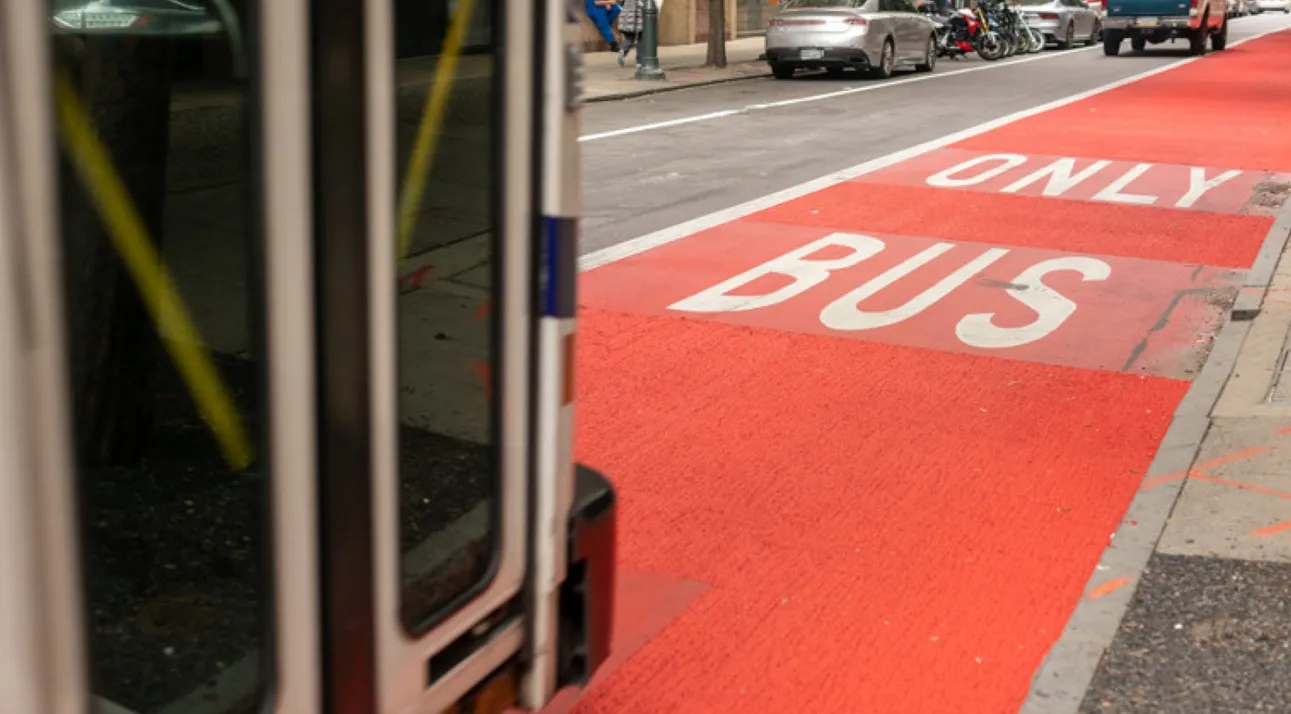Chile's Public Transport Minister, Pedro Pablo Errazuriz, has announced that the government is looking to replicate the successful speed camera system that is used in France. The system captures photos of speeding cars and then sends out letters to offenders, issuing them with a fine within two days of the offence. This has enabled France to dramatically improve the safety of its roads, reducing the number of road deaths from an average of 8,000 per year in 2003 to an estimated 4,000 in 2012. The cameras ar
April 3, 2012
Read time: 1 min
RSSChile's Public Transport Minister, Pedro Pablo Errazuriz, has announced that the government is looking to replicate the successful speed camera system that is used in France. The system captures photos of speeding cars and then sends out letters to offenders, issuing them with a fine within two days of the offence. This has enabled France to dramatically improve the safety of its roads, reducing the number of road deaths from an average of 8,000 per year in 2003 to an estimated 4,000 in 2012. The cameras are centrally controlled at a national speeding offence treatment centre, which the Chilean Government is also keen to implement. The idea is to invest the majority of the money collected from fines into the installation of more cameras and photo radar systems.










